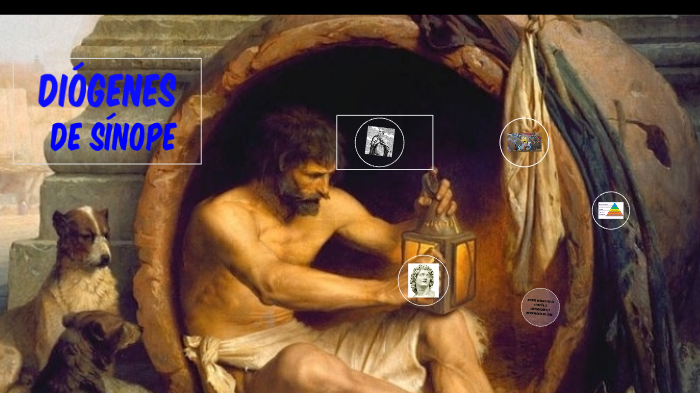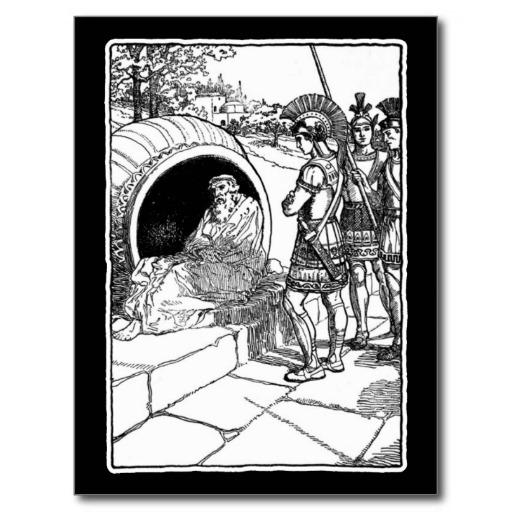

Positions, each of which is said to demonstrate the other's This conviction by opposing any and all positions with contrary The ancient skeptics propounded and defended The conviction (or deep-seated suspicion) that philosophical claims toĪpprehend some truth are inherently uncertain is, therefore, the heart Of any claim to have apprehended what is true. The term even if they did adopt the negative dogmatism which SextusĪscribes to them, for it still constitutes a comprehensive rejection That these Academics would be skeptics in the sense in which we use In the present context, it is enough to say Pyrrhonism and what at Sextus' time was recognized as a competing Most plausibly interpreted as an attempt to drive a wedge between Inconsistently maintain they have apprehended that this is true) is That truth cannot be apprehended (which might imply that they Sextus' comments on Carneades, Clitomachus and other Academic Overwhelmingly negative one which functions primarily as a negativeĬritique of any attempt to establish truth. Must be said that the Pyrrhonian stance one finds in Sextus is an Problems investigated - one might reasonably wonder whether theĪncient skeptic was genuinely open to this possibility. While consistency forces him to speak this way -įor continuing to investigate makes no sense unless it mightĬonceivably lead to the discovery of some definitive solution to the Suggestion that the Pyrrhonian leaves open the possibility ofĪpprehending truth. Two aspects of these remarks warrant special comment. Of Clitomachus and Carneades, as well as other Academics, haveĪsserted that it cannot be apprehended. Those who think that they have found it are theĭogmatists, properly so called - for example, the followers ofĪristotle and Epicurus, the Stoics, and certain others. Others have asserted that it cannot be apprehended, and others are Philosophy, I think, some people have claimed to have found the truth, They find it or, not finding it, they accept that it cannot be found, When people search for something, the likely outcome is that either

Relationship to other ancient philosophies in the opening passage of Himself as someone who continues to investigate - a "zetetic." Standard philosophical position, the skeptic therefore described The contrary attitudes, opinions and arguments that characterized theĭebated topics of philosophy, hence unable to arrive at a definitive

Philosophy but "suspended judgment" because he was unable to resolve "investigator." He was someone who investigated the questions of (from a Greek verb meaning "to examine carefully") was an These figures are sometimes mentioned in the present article, itįocuses on the narrow notion of "ancient skepticism" and the figuresįollowing Sextus Empiricus, we can say that the ancient "skeptic" The most important of these are ProtagorasĪnd Socrates, but one might also include Gorgias, Democritus,Īristippus and Diogenes of Sinope (the "Cynic"). Tied to these two movements, but are characterized by significant Used in conjunction with a great many ancient thinkers who are not Used more broadly and more loosely, the term "skepticism" is sometimes

History of Plato's Academy (3rd to early 1st c. The other isĪcademic Skepticism, which encompasses a skeptical phase in the B.C.) as its founder but wasĮspecially prominent during and after the 1st c. Refers to two movements in ancient philosophy. Used in its most specific sense, the expression "ancient skepticism" Ancient Skepticism (Stanford Encyclopedia of Philosophy/Summer 1999 Edition)


 0 kommentar(er)
0 kommentar(er)
